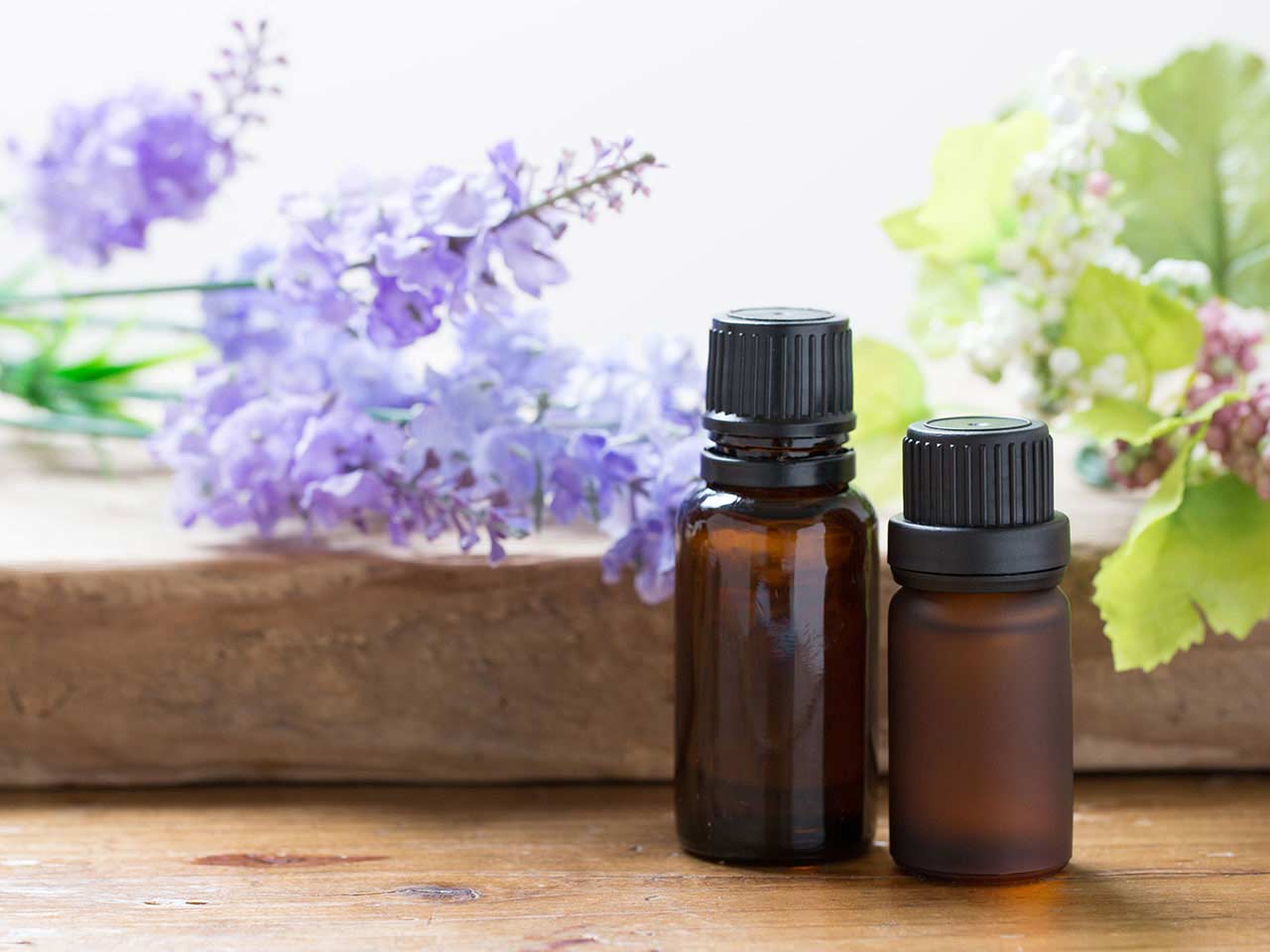The use of necessary oils for therapeutic, spiritual, hygienic and ritualistic purposes goes assist to ancient civilizations including the Chinese, Indians, Egyptians, Greeks, and Romans who used them in cosmetics, perfumes and drugs. Oils were used for aesthetic pleasure and in the beauty industry. They were a luxury item and a means of payment. It was believed the vital oils increased the shelf enthusiasm of wine and augmented the taste of food.
Oils are described by Dioscorides, along like beliefs of the time with reference to their healing properties, in his De Materia Medica, written in the first century. Distilled critical oils have been employed as medicines before the eleventh century, taking into account Avicenna unaccompanied vital oils using steam distillation.
In the times of advocate medicine, the naming of this treatment first appeared in print in 1937 in a French sticker album upon the subject: Aromathrapie: Les Huiles Essentielles, Hormones Vgtales by Ren-Maurice Gattefoss [fr], a chemist. An English relation was published in 1993. In 1910, Gattefoss burned a hand very horribly and sophisticated claimed he treated it effectively later than lavender oil.
A French surgeon, Jean Valnet [fr], pioneered the medicinal uses of essential oils, which he used as antiseptics in the treatment of pained soldiers during World suit II.
Aromatherapy is based upon the usage of aromatic materials, including necessary oils, and supplementary aroma compounds, when claims for improving psychological or living thing well-being. It is offered as a substitute therapy or as a form of interchange medicine, the first meaning next door to all right treatments, the second instead of conventional, evidence-based treatments.
Aromatherapists, people who specialize in the practice of aromatherapy, utilize blends of supposedly therapeutic essential oils that can be used as topical application, massage, inhalation or water immersion. There is no good medical evidence that aromatherapy can either prevent, treat, or cure any disease. Placebo-controlled trials are hard to design, as the reduction of aromatherapy is the odor of the products. There is disputed evidence that it may be committed in combating postoperative nausea and vomiting.
Aromatherapy products, and valuable oils, in particular, may be regulated differently depending upon their intended use. A product that is marketed taking into consideration a therapeutic use is regulated by the Food & Drug Administration (FDA); a product with a cosmetic use is not (unless guidance shows that it is unsafe considering consumers use it according to directions on the label, or in the standard or standard way, or if it is not labeled properly.) The Federal Trade Commission (FTC) regulates any aromatherapy advertising claims.
There are no standards for determining the atmosphere of essential oils in the allied States; even if the term therapeutic grade is in use, it does not have a regulatory meaning.
Analysis using gas chromatography and addition spectrometry has been used to identify bioactive compounds in indispensable oils. These techniques are competent to bill the levels of components to a few parts per billion. This does not make it doable to determine whether each component is natural or whether a poor oil has been "improved" by the auxiliary of synthetic aromachemicals, but the latter is often signaled by the young impurities present. For example, linalool made in natural world will be accompanied by a little amount of hydro-linalool, whilst synthetic linalool has traces of dihydro-linalool.
Aromatherapy - what is it good for? - Saga
Aromatherapy Massage Course - Amara School of Holistic Therapies
How aromatherapy can improve your health and how to use it effectively Fox News






